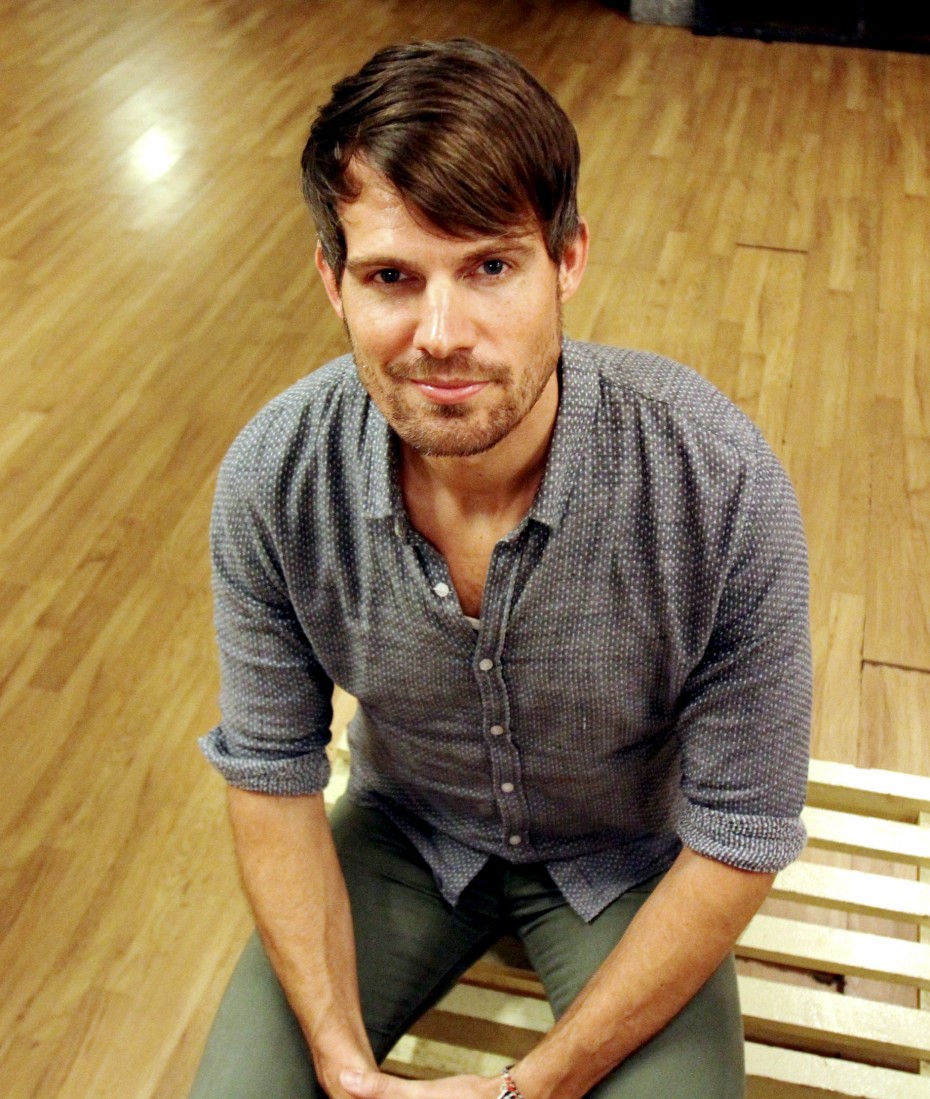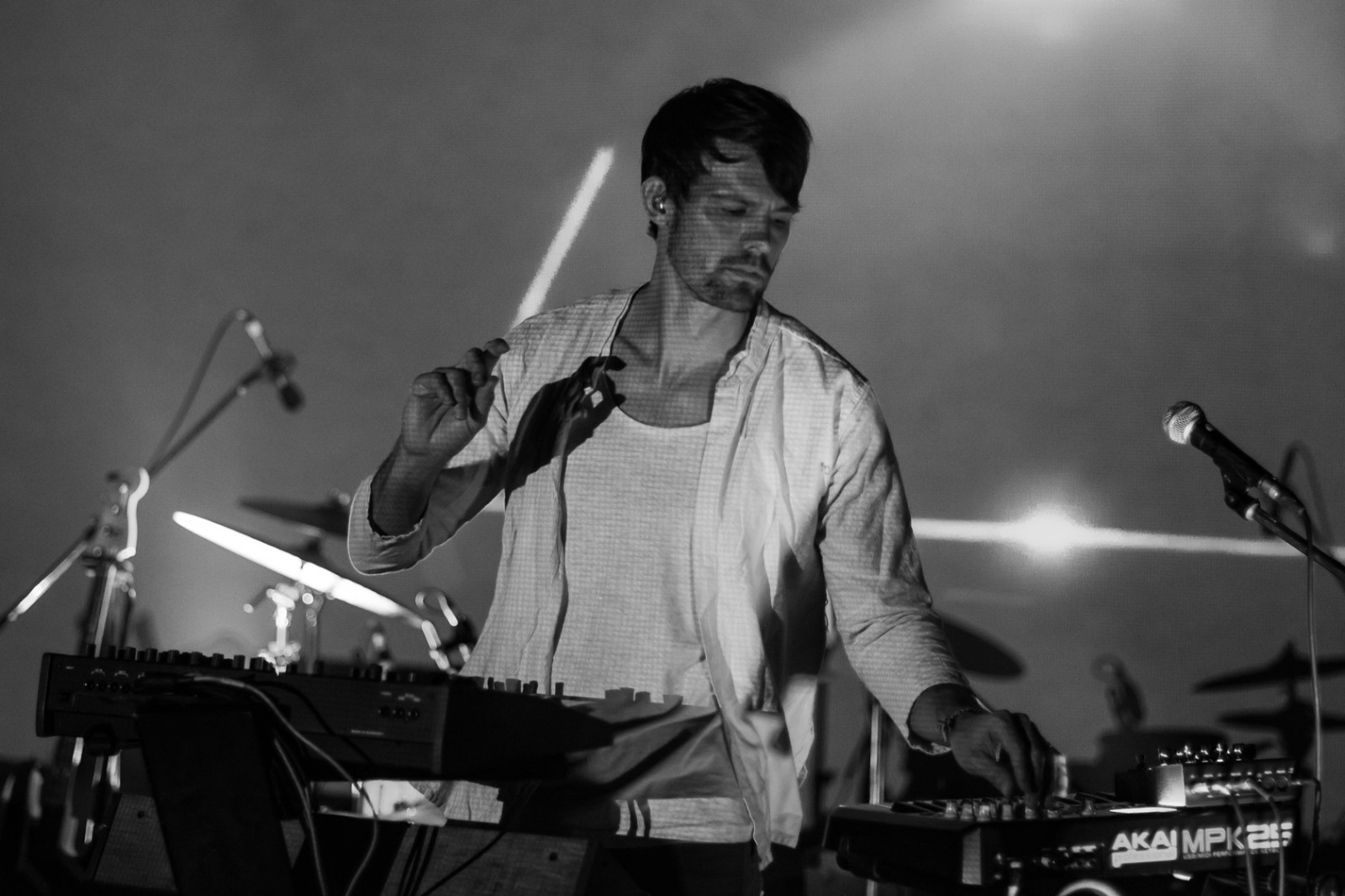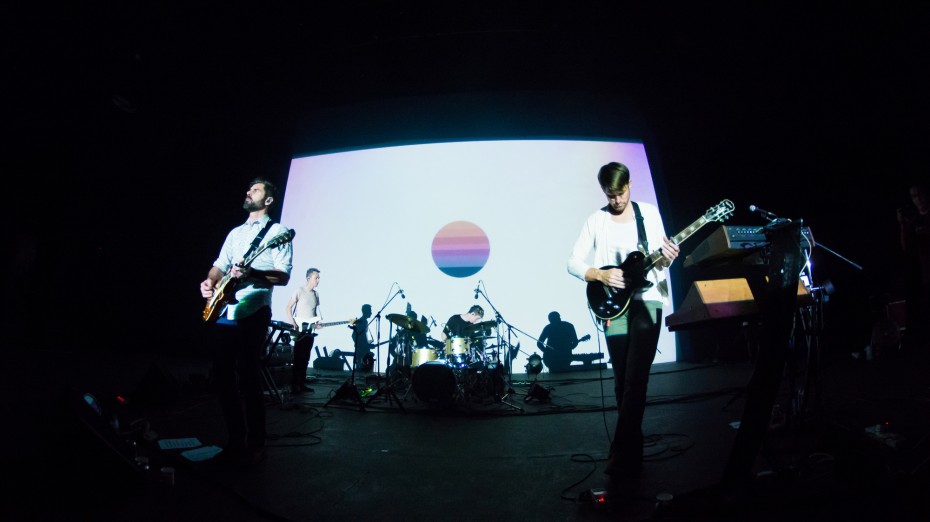SCOTT Hansen doesn’t get recognised on the streets. Not really a surprise since most people reading this won’t even recognise his name. They might know Tycho, though, the name of the highly-rated ambient music band he leads.
“I’ve never put myself out there as the face of the band or anything, and that’s been a conscious decision,” he explained. “I think ‘famous’ is a word that should be reserved for pretty large bands.”
Judging from the hordes of fans that came to watch him and his bandmates live at the Kuala Lumpur Performing Arts Centre (KLPac) two weeks ago – on a weeknight, no less – Hansen might be underestimating his popularity in South-East Asia.

Speaking to R.AGE before the show, Hansen said not having lyrics in Tycho’s music is ‘easier’, as it takes courage to put your feelings out there.
Originally a graphic designer from Sacramento, California, Tycho was a solo music project Hansen started in 2002. The name Tycho was inspired by 16th century Danish astronomer Tycho Brahe, which is apt considering Tycho’s ambient tunes are perfect for stargazing.
After the success of his album Dive, released in 2011, Hansen decided it was time to develop Tycho into a full-fledged band.
“It just happened really organically,” said Hansen, about how he got the Tycho members together.
“Zac Brown (bassist and guitarist) is the cousin of Dusty Brown, another musician I worked with, and we started playing shows together. Zac played on a few songs like Ascension and Dive. So for (Tycho’s latest album) Awake, I decided we should all do it together.”
“It does seem like it takes a lot of courage to be able to write down your feelings in such a literal way and put them out there. It’s always difficult as an artiste to put your work out but I think it’s probably a lot easier without vocals,”
Then came Rory O’Connor on drums and Joe Davancens on bass guitar, keyboards and synthesizers.
There are no vocals in the album Awake because Hansen didn’t see it fitting into the songs. Even on previous albums, Hansen had never used vocals in a literal way.
“The way I was using (vocals) before was more like an instrument. I was putting it in a sampler and playing it as sustaining keys and there were no real words.”
It would appear that the lack of a sung narrative helps Hansen escape the type of vulnerability other musicians sometimes face when releasing their music to the world.
“It does seem like it takes a lot of courage to be able to write down your feelings in such a literal way and put them out there. It’s always difficult as an artiste to put your work out but I think it’s probably a lot easier without vocals,” he said.
Tycho performances are an audiovisual feast as audiences are fed not just soothing beats and repetitive samples, but also an incredible light show.
All the visuals are created and prepared by Hansen himself, who has voiced an interest in pursuing filmmaking more seriously in the future.
Hansen intentionally keeps his song titles ambiguous to avoid giving them context, and his live visuals are a mix of faceless silhouettes, setting suns and a kaleidoscope of colours. There are also scenes that make viewers feel like they’re flying over untouched mountains, deserts and oceans.
“We’ve played two other shows in Seattle that were seated for some reason, but those also had a place where people could stand in the middle so this’ll be interesting to see.”
A couple of hours before the group’s KL performance, Hansen told R.AGE how the band likes to mix things up at every show. The guys sometimes introduce new visuals, change their set list and spontaneously play songs a little differently based on the vibe of the audience.
“Tonight’s going to be seated so I think we might change the way things work to fit that,” he said. “We’ve played two other shows in Seattle that were seated for some reason, but those also had a place where people could stand in the middle so this’ll be interesting to see.”
Although the theatre they performed in didn’t have a standing section, that didn’t stop most of the crowd from running to the stage to jump around and dance the night away.
That is, until security chased them all back to their seats.








Tell us what you think!